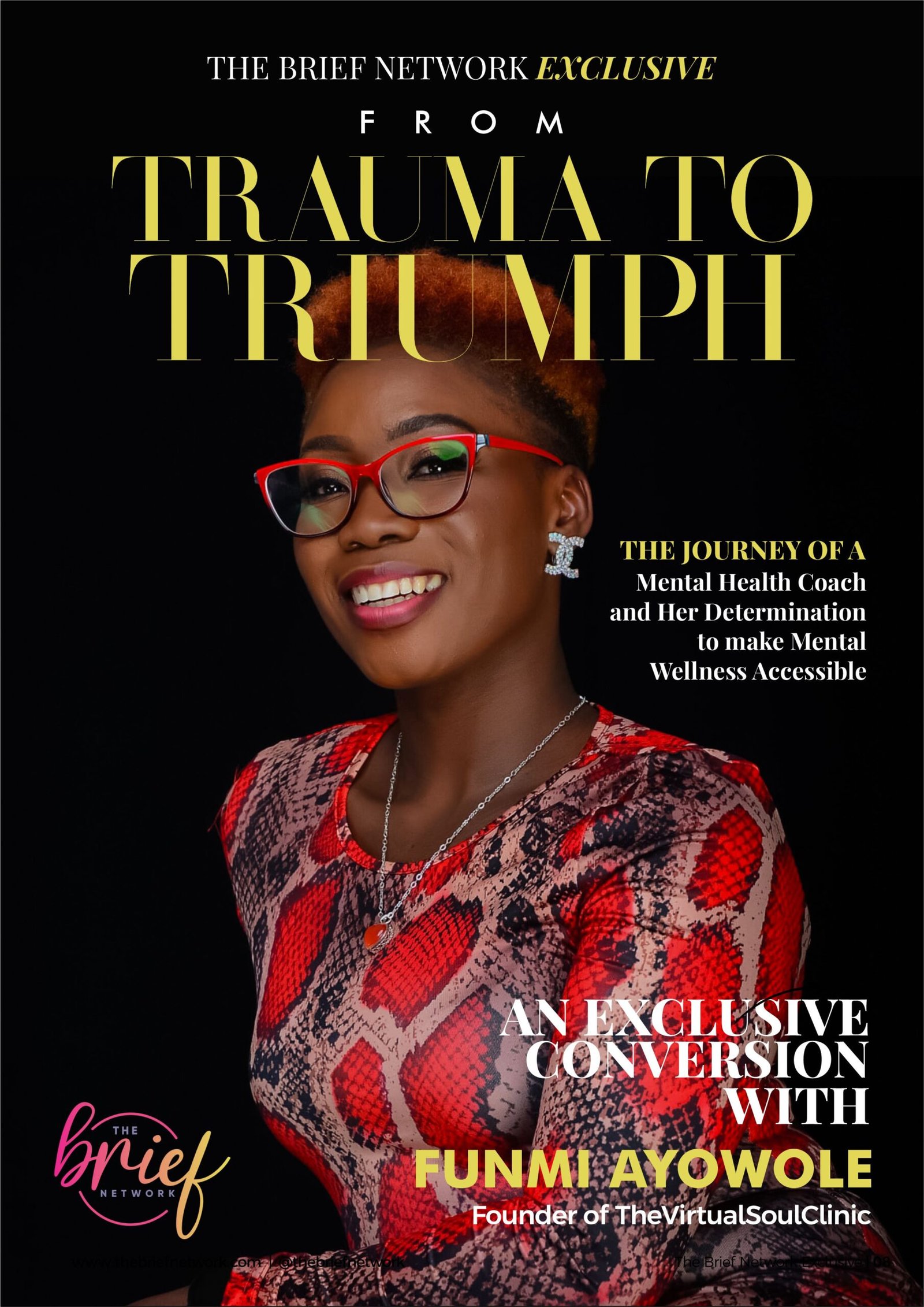I just watched To Kill a Monkey by Kemi Adetiba, and here are a few nuanced truths it laid bare.
1. Empathy is Born Through Experience
Efe hated his father for not providing more. He mocked his dad’s favorite phrase: “Drink water and be happy.” But when he had a child of his own, the bitterness started to soften. Sometimes, empathy is born through experience.
You don’t understand sacrifice until you’ve had to make it yourself.
2. Education Does Not Guarantee Success
This film spotlighted a truth many people know too well. You can do everything right, be hard-working, and still struggle. Still hustle. Still be stuck. May God help us all.
3. When Vision is Lacking, Dreams Die
Efe pitched a digital ordering system using React Native, but his boss dismissed it. This is how many dreams die—in environments that can’t see beyond their own nose.
4. Preparation Will Often Meet Crisis
Efe finally gets the opportunity to pitch the app he’s been building for months. But when he opens his laptop bag, his laptop is gone. That was his moment. But he couldn’t adapt. He froze. Sometimes, your moment won’t come perfectly wrapped. But you have to show up anyway. Speak from the heart. Sketch it out. Tell the story. Passion is persuasive, even without a screen.
Let this remind you: Preparation isn’t just having your tools, it’s knowing your vision well enough to carry it, even when everything falls apart.
5. Believe Patterns, Not Promises
Madam Adunni, manipulative and a user, kept reappearing in his life like a bad habit. She used him before and used him again. And he let her.
People show you who they are; we just have to stop hoping they’ll be different.
6. Loyalty Is Not Just a Word. It’s an Action
Obos, the man who opened the door for Efe (even though it was a questionable door), thought they were brothers. Yet Efe set him up. That scene broke me. You don’t give away your friend.
7. On Brotherhood, Betrayal, and the Cost of Loyalty
Earlier in the film, we learn that Obos had impregnated Efe’s daughter. A deep betrayal. Though he later apologized, some lines, once crossed, can’t be undone. But Efe? He chose a darker path. He set his friend up to be killed.
What’s haunting is this: in the middle of a shootout, unaware of the betrayal, Obos told Efe to hide behind him. “They have to go through me first before they get to you.” Loyalty, even in the face of death. He still saw Efe as his brother.
But how do you weigh betrayals like these? Is violating friendship through personal sin worse than orchestrating a friend’s death? Is either justifiable?
Efe believed he was protecting his family from danger. But it came at the cost of his own humanity. Besides, how could he trust that teacher will keep his end of the bargain?
This moment forces us to ask:
What kind of desperation or pride leads a man to betray the very person willing to die for him?
8. Greed, Denial, and the Cost of Compromise
Efe and Nosa knew better, but they let greed and pride silence wisdom. She kept blaming him when things started falling apart. But truth is: they were both beneficiaries of the same greed. And they were both in denial about the part they played in their own downfall.There’s a Yoruba saying that keeps ringing in my head:
“Nkan ti a o fe je, ki a ma fi run imu.”
Don’t even sniff what you don’t intend to eat.
9. Our Actions Aren’t Isolated, they Ripple
His actions didn’t just destroy him. They affected everyone around him. His daughter got pregnant for Obos. His wife spiraled. The girlfriend set him up. Every decision has a price.
So… did the end justify the means?
More Than Survival: The Layers We Live With
This film was about choices and consequences. And how one decision can spiral into something fatal.
But beyond that, it reminds us that humans are layered. Complex. Contradictory.
You can be a loving, devoted father to your daughters, and still have no problem inflicting pain on others.
It’s unsettling, but true: People carry both light and shadow. And sometimes, the same hands that nurture can also destroy.
Have you watched To Kill a Monkey?
What moment stuck with you the most?
The Brief Network: Inspiring Stories and Empowering Lessons.


